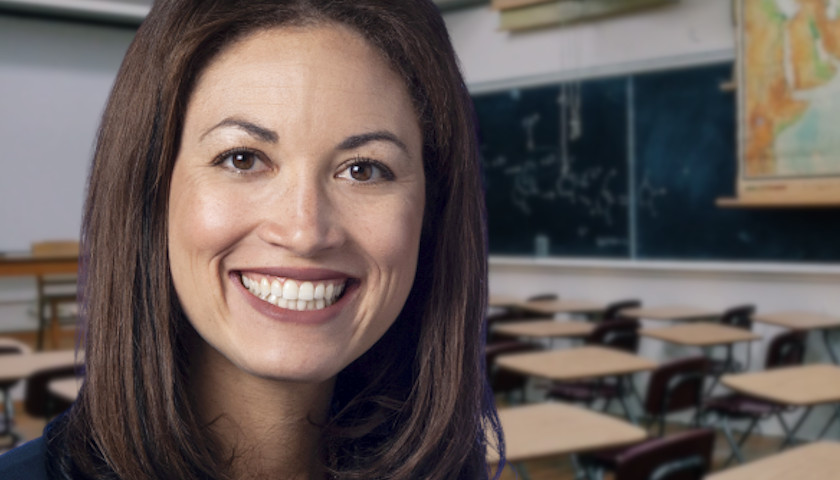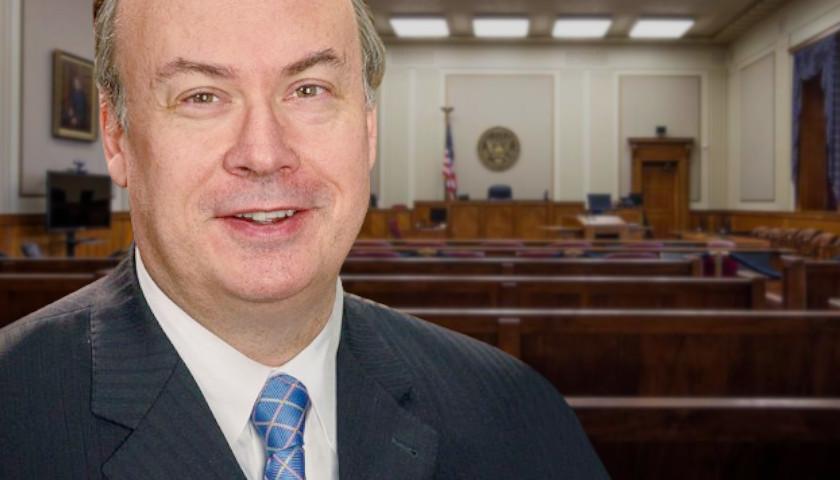Last week, Tennessee Education Commissioner Penny Schwinn was in Washington D.C. to help the Federation of American Scientists (FAS) launch the Alliance for Learning Innovation (ALI), a bipartisan initiative co-led with Lewis-Burke Associates, LLC, to increase education research and development investments across the federal government. As expressed in a press release, this new venture aims to dramatically grow federal investment in education:
The alliance brings together a group of education nonprofits, practitioners, philanthropy, and the private sector to advocate for research-based innovations in education. As a coalition, ALI focuses on innovative solutions that build education R&D infrastructure, center students and practitioners, advance equitable outcomes for students, improve talent pathways, and expand the workforce needed in a globally competitive world. To that end, the alliance has developed a comprehensive multi-part agenda including the goal of dramatically increasing the federal investment in education R&D.
The goals of the new organization appear to run counter to those of Tennessee Speaker of the House Cameron Sexton (R-Crossville), who recently announced an initiative to have Tennessee cut federal education funding.
When asked about this appearance of misalignment, House Education Instruction Committee Vice-Chair Kevin Raper (R-Cleveland) told The Tennessee Star in an email, “The answer to ‘is it concerning me’, is ‘no’, he went on to explain, “This is not the first time – nor the last – that a legislator and the Department of Education are not on the same line of thinking. Somewhere down the line, the two entities will find common ground and compromise on the future of education. I am sure it will be to the benefit of students, parents, and educators.”
Fellow committee member John Ragan (R-Oak Ridge) has a different view. In a separate email, he told The Star, “Philosophically, this is a truly, well-founded concept. Unfortunately, the practical track record of most influential, traditional, education research organizations has not been sufficiently effective in producing logically and statistically verifiable results.”
He added, “In far too many instances, studies have been skewed to support pre-determined conclusions based more on researchers’ and funders’ ideology rather than facts. Consequently, I am suspicious of any proposed research effort not well separated from the traditional education research establishment and its funding sources.”
“In short, student results in a fairly administered, equal-opportunity, education system will always reflect the very real variation of human circumstances, abilities, and proclivities,” Ragan continued, “As a result, this makes ‘…equitable outcomes for students…’ impossible, except under the tyranny of heavy-handed, socialistic, government interference.”
He closed his email to The Star with a confirmation of support for Speaker Sexton, “Such heavy-handed, socialistic, government interference is in direct opposition to reducing the ‘federal footprint’ in Tennessee. Furthermore, many of us in the General Assembly share this goal with Speaker Sexton.”
Schwinn was invited to participate in a panel and discuss how Tennessee is addressing the “urgent need for transformative new approaches to K-12 education”, along with greater investment in research and development. She told attendees, “Without evidence-based solutions driven by R&D, we won’t have strong outcomes for kids. We are utilizing education R&D with the goal of improving student outcomes, supporting educators, and building a better education system for all learners.”
Joining her on the panel were:
- Dr. Mark Schneider, Director of the Institute of Education Sciences at the U.S. Department of Education
- Kimberly Smith, Chief Inclusive Innovation Officer, Digital Promise
- Josh Edelman, Head of Network, Transcend
- Denise Forte, President & CEO, The Education Trust
Last week’s stop seems to be a continuation of the Commissioner’s extensive travel itinerary over the past six months. In 2 weeks she’ll be in Austin for SXSW, and then in April, she’ll travel to San Diego to present at the ASU summit.
Last Fall, the Commissioner traveled throughout the country. A look at filed travel expenses reveals taxpayer-funded trips to Austin, Arlington, Boston, Philadelphia, Salt Lake City, and Washington D.C.
An inquiry to the Tennessee Department of Education was not returned.
– – –
TC Weber is a reporter at The Tennessee Star and The Star News Network. He also writes the blog Dad Gone Wild. Follow TC on Twitter. Email tips to [email protected]. He’s the proud parent of two public school children and the spouse of a public school teacher.
Photo “Penny Schwinn” by The College System of Tennessee. Background Photo “Classroom” by Wokandapix.








